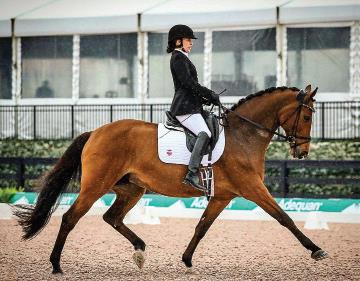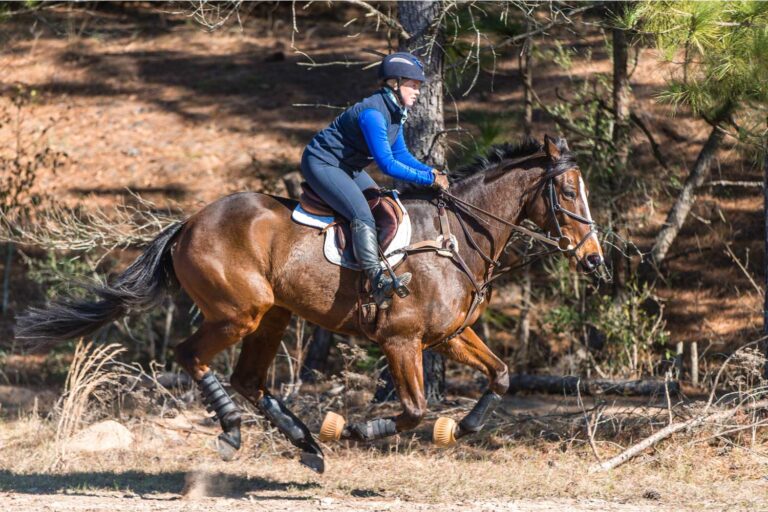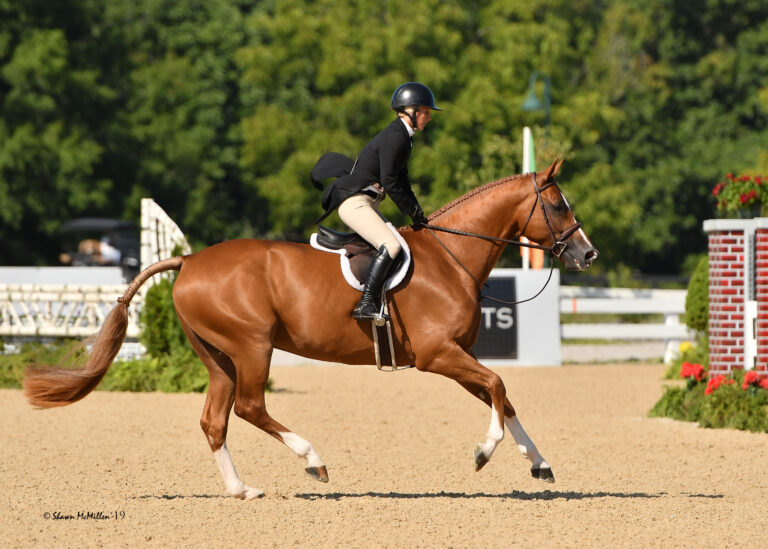
At the Sochi Winter Olympics in 2014 a snowboarder by the name of Kate Hansen caught people’s attention with her pre-race dances. Wearing headphones and warm-up sweats, listening to a special Beyoncé playlist, she danced her way into her own personal performance zone. She radiated freedom, excitement and happiness to such an extent that it pumped you up even as you watched from your couch. It was tremendously inspiring to see someone so committed to her process and her knowledge of self.
If you’re anything like me, those behind-the-scenes glimpses of athletes fascinate you. What happens before “go time”? How do they prepare for the biggest moments of their careers? Within any sport, you have probably seen an amazing variety of activities in preparation routines: athletes talking to themselves, doing elaborate stretching routines or sitting with their eyes closed with Zen-like stillness amid the pre-event bustle of competitors and attendees.
Perhaps you have organized a pre-ride routine for yourself. Or there may be some things you do to prepare when you have time or when you remember to do them (more on that later). What types of activities help you get ready? Things like visualization, breathing techniques, a particular type of snack or spending quiet time with your horse? While there are certain specific types of mental skills that are valuable (such as reviewing your performance goals and managing your energy), let’s take this opportunity to step back and look at some of the themes that can best guide you in your preparation technique choices. Choosing activities that are creative and personal, that give you a sense of appreciation for the moment and help you stay committed to your process at every ride or show are at the top of the list.
Rebecca Hart: Inventive and Meaningful Preparation
Rebecca Hart is a dressage rider who was born with a rare genetic disease called familial spastic paraplegia, which affects her muscles and joints and causes partial paralysis and severe spasms. She has been on three Paralympic teams (Beijing, London and Rio). She is also a six-time USEF Para-Equestrian national champion. This year, Rebecca decided to compete without stirrups to help limit spasticity in her legs. She is a phenomenally consistent, generous and committed competitor who competes all over the world in both para-equestrian and able-bodied horse shows. As you will see, Rebecca does a terrific job of preparing herself to ride her best; her strategies here throughout are original, productive and thought-provoking.
Creativity: It Only Needs to Make Sense To You
“I have a very set [preparation] routine,” Rebecca says. “[For example] I have this little make-up compact that my sister turned into a magic ‘Equestrian Powerpack.’ I basically open it up, look at myself, make a funny face in the mirror and go to the ring. I’ve had it for 20 years, and it goes into my hatbox. I always carry it with me whether it’s a local show or a big international championship.
“When I am over-thinking something or I am doing too much or I have a thought I need to get rid of, I call it ‘garbage-canning,’” Rebecca continues. “I make a little motion with my hand like I am putting the lid back on the garbage can. It’s my mental cue that means I don’t have to think about it anymore; it’s gone.”
These examples are so wonderfully personal, specific and pro-active. personal, specific and pro-active. They
help Rebecca establish positive energy
and create the mindset for a great ride.
Utilizing a healthy amount of creativity
within your preparation routine is a terrific
way to own the moment. It’s your way
of taking back control over any pressure,
environmental distractions or moments
when you are feeling psychologically flat.
Now take a moment to be open minded
and think of ways to create
some new aspects of your own pre-ride
routine. Be imaginative, allow yourself
to brainstorm additions to your pre-ride
techniques while staying completely nonjudgmental.
You aren’t like anyone else,
you know yourself better than anyone
else—there are no “shoulds” in this process—
and it only needs to make sense to
you. Singing loudly in the car for the last
mile before you get to the barn? Great!
Writing your goals for the day on a white
board in your trunk? Fantastic! Saying a
funny word like “bumfuzzle” to make you
laugh, smile and breathe? Awesome! Experiment
in the next few weeks to find new
ways to dial in to your performance zone.
Appreciation: Anchor
Your Ride with Joy
“[My Powerpack–funny–face routine] gives
me the child-like wonder of when I originally
started [competing],” Rebecca says.
“It takes me back to when you didn’t even
realize how hard it was to do this sport, you
just did it because you loved it and because
it was fun and it was amazing. It makes
me happy and gives me the wonder and
passion for the horse. It lets me relive that
moment when I first touched a horse and
it was so amazing and wonderful. Before it
became a career and a job and an athletic
pursuit, it was just fun. It does that for me.”
Highlighting joy and acknowledging the
wonderful opportunity of an upcoming ride
will help to turn feelings of pressure or stress
into happiness and excitement. Using selftalk
can help you visit those emotions, such
as “I love riding _____ here at _______.” Or
“Our partnership is amazing, what an awesome
moment in time.” A motto or mantra
like “This moment is golden” or “Forward
with trust” can also serve to anchor this concept.
Another idea is taking a deep breath
with your eyes closed to soak in the moment
with gratitude. Be imaginative. What
kind of action, habit or moment can you
create to generate appreciation as you get
ready to ride or compete?
Commitment: Achieve
Consistency with
Flexibility
“My routine is consistent for local shows or
championships,” Rebecca says. “Listening
to music, visualizing, deep belly breathing
… . When I first started [my preparation
routine] I would have [others on my team]
explain ‘Oh, she’s just visualizing.’ Now,
everyone knows that when the curtains
are open my tack stall is inviting and
friendly, come in, let’s hang out… When
the curtains are closed, that is my outside
signal that this is my space. [People are
also aware] once I do my Powerpack silly
face and leave to go to the arena that it is
‘don’t talk to me’ time … .”
Whether you are at your Saturday
lesson, your first clinic with a Big Name
Trainer or your year-end championship
show—your commitment to your preride
routine is essential. The good news is
that once you have put quality effort into
developing your plan, you will actually
look forward to it and rely on it to help
get you comfortable and in the zone.
Not only will the process be enjoyable,
the product (your focus, state of mind,
energy level, etc.) will be hugely beneficial
to your ride.
Please note that even as we discuss
commitment to your pre-ride routine,
there is assumed flexibility. The idea is
to be so committed to your process that
you will flex, bend and troubleshoot as
necessary to make your routine fit into
the window of time and availability that
the situation allows. If you compete, it
is perfectly fine to have a few different
components of your routine for use at
home versus at a show, but be aware of
your themes and do your best to attend
to them in each situation. At a show
where you have more time, you may
manage your energy with breathing techniques,
music and exercise. At home for
a lesson you may be on a tighter schedule
but you still integrate these things into
your routine in some manner.
Remember, there is a lot written
about the best sport-psychology techniques
to use in pre-performance routines,
but your ultimate guide is whether
they help you own and appreciate the
moment. Get inspired, keep an open
mind, experiment and allow yourself to
be innovative as you gather fresh ideas
to help you get in the zone before each
ride. You know yourself best—make sure
to use that information for your and your
horse’s benefit!
This article was originally published in the October 2016 issue of Practical Horseman.










